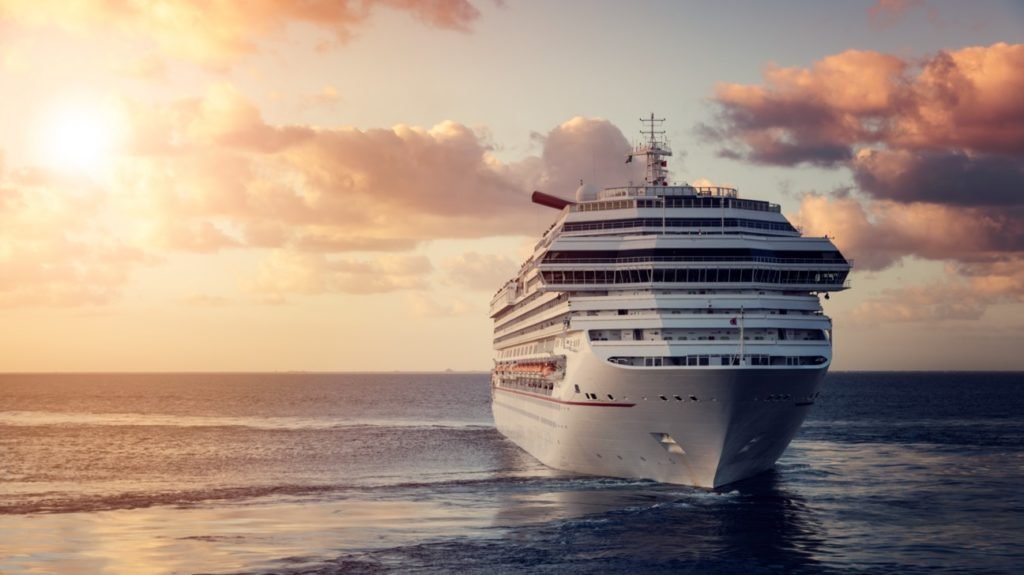A cruise vacation is a delightful, carefree experience that promises a world of relaxation. Imagine lounging out on the deck, the sun on your skin, and the sound of waves soothing your ears. But what happens when this oasis of tranquility is disrupted by injuries incurred onboard? Understandably, it’s a situation nobody wishes to face, yet it is essential to be prepared and understand your legal options if you’ve been injured on a cruise vacation.
Process of Pursuing a Claim for an Injury Sustained Onboard a Vessel
Here are several things that you need to know when seeking compensation:
1. Documentation Is Crucial
Documentation is an essential part of the process of pursuing a claim for an injury sustained onboard a vessel. Collecting as much evidence and information related to the incident is essential for bolstering your case due to its ability to provide a more detailed and accurate account of what occurred. It is highly recommended that all details concerning the accident are kept on record, such as contact information of persons at the scene, potential witnesses, and photographs of the area. In addition, it is prudent that medical records from both the ship’s infirmary and any hospitals visited afterward be retained in order to demonstrate any injuries or treatment received. All this data can help strengthen your claim and improve your chances of obtaining adequate compensation for damages incurred. As such, careful consideration must be given when documenting details surrounding such incidents; failure to do so may result in an inadequate representation of your case which can ultimately affect the outcome.
2. Understanding Maritime Law
The cruise industry is heavily regulated by a set of intricate legal rules and regulations known as maritime law. These complex laws govern all aspects of cruising, including those relating to passenger safety and personal injury cases onboard. Maritime law is highly specialized and can be difficult to navigate, especially since many ships are registered in countries other than the ones where the voyage was booked or embarked from. Cruise companies also owe a duty of care to their passengers, meaning they are responsible for ensuring that cruising operations are conducted in a manner that maintains passenger safety.
In the case of an injury occurring onboard, cruise companies may be held liable for damages if it can be proven that they failed to exercise reasonable care or caused the incident through willful misconduct or negligence. Understanding this set of unique laws is essential when dealing with cruise injuries, as it dictates how claims must be handled and what kind of recourse injured parties have available to them.
3. Seeking Legal Counsel
Seeking legal counsel when dealing with matters related to maritime law is essential for any individual or group of individuals considering embarking upon a cruise. Maritime law consists of complicated regulations and contractual agreements that passengers are expected to observe during their voyage.
In order to ensure the rights of passengers are upheld, it is highly recommended that one seek advice from a reliable and experienced maritime attorney. With specialized knowledge in this field, these professionals can provide invaluable guidance in navigating the complex legal system surrounding sea travel.
A maritime attorney can assist with gathering evidence, interpreting contractual clauses, and negotiating with the cruise line or its insurers in order to protect your interests. Although you may have to make an initial financial investment in securing legal aid, it is worthwhile for the protection and peace of mind it brings.
4. Filing a Lawsuit
Filing a lawsuit against a cruise line for an injury sustained during your voyage is an option if all other attempts to reach a mutual agreement have been unsuccessful. It is important to be aware of the specific timeframes and procedural steps outlined in your cruise contract so that you can navigate this process correctly. Personal injury claims typically must be filed within one to three years, but this period is often shorter when it comes to cruise injury cases.
In order to proceed with legal action, the first step is usually to file a complaint in the state or federal court where you reside or were injured – which may need to be done within six months depending on the jurisdiction. To ensure your claim is valid, you should compile evidence such as medical records, photographs, and eyewitness testimonies to build your case.
After filing a claim, you will likely attend a mediation session in order to try and settle the dispute without having to go through a full trial. If this fails, you may end up going before a judge or jury who will determine whether or not you are eligible for compensation for your losses due to the injury sustained while on board. By taking careful consideration of these steps and understanding the implications of each one, filing a lawsuit against the cruise line can be pursued successfully by
Injuries on cruise ships can be unpleasant experiences, which, at times, are caused by the negligence of the cruise line or its employees. It’s critical, in such circumstances, to know your rights, promptly report the injury, document comprehensive evidence, and seek the advice of a qualified attorney. While the legal journey may seem daunting, with the correct course of action and assistance, there’s a strong chance to secure favorable compensation. For more information on how to handle such predicaments or to seek professional advice, click here: https://www.aronfeld.com/practice-areas/cruise-ship-injuries/.


